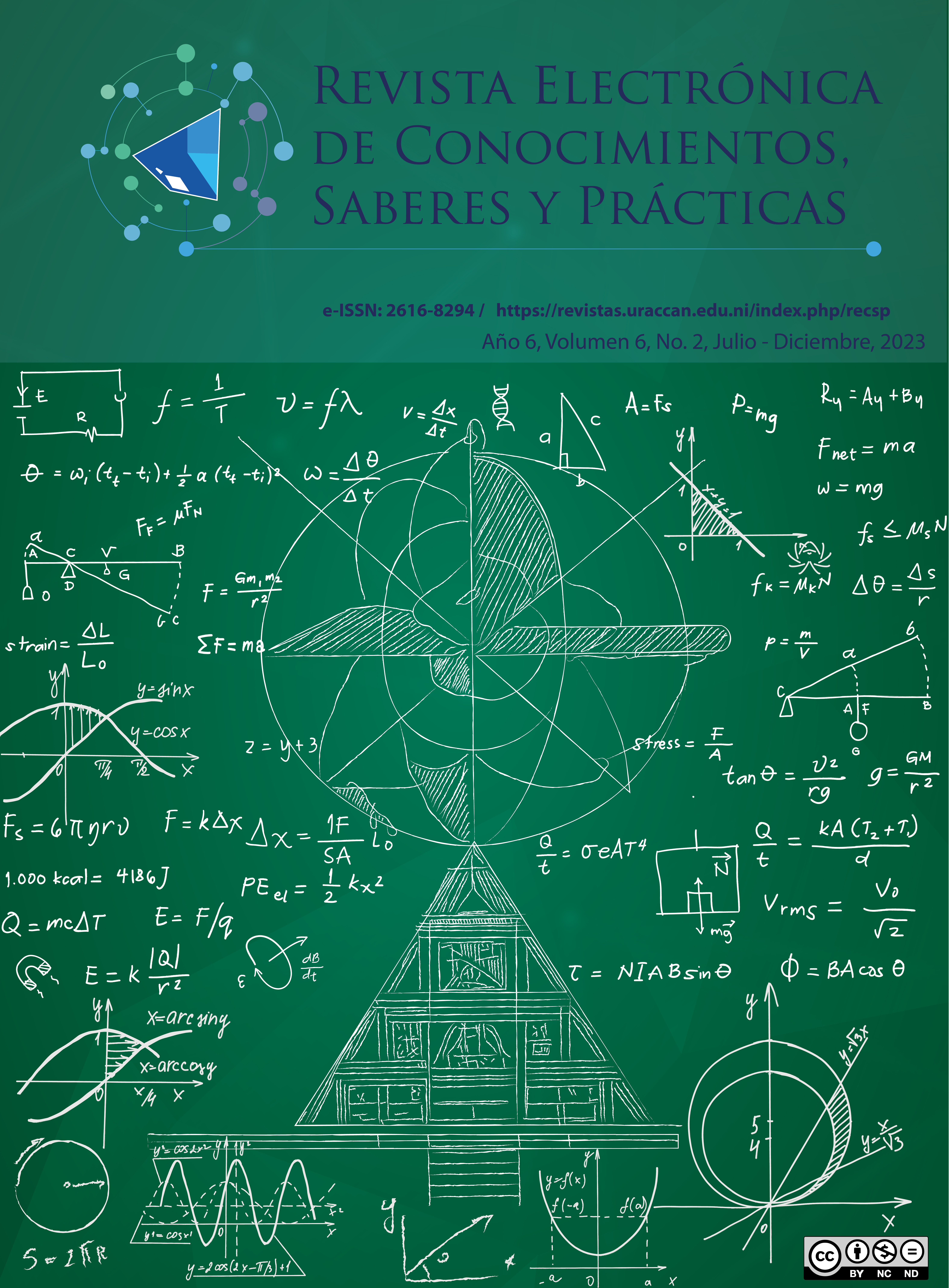Descriptive analysis of the perception of URACCAN university students about Interculturality
DOI:
https://doi.org/10.5377/recsp.v6i2.18468Keywords:
culture, coexistence, intercultural education, studentsAbstract
The Caribbean Coast of Nicaragua has a history characterized by the cultural diversity of Indigenous, Afro-descendant and mestizos coastal peoples. This reason determines the educational community of URACCAN, between teachers, administrative staff, and its student group, which lives in the interaction, coexistence, and ways of relating to each other. The present work is a study that analyzes the perception of interculturality from a student's point of view. The quantitative paradigm guides the categorization, description, and analysis of data, involving statistics, internal consistency analysis, principal component analysis, and descriptive study.
Among the major results, we can mention that the EEI Scale showed that the majority of URACCAN students have a positive perception towards interculturality, highlighting the influence of variables such as ethnicity, sex, origin, and the student's career. In the analysis of the Efficacy, Attitude and Experience subscales, behavior has its variants, mainly in the Efficacy dimension compared to Attitude and Experience. While most students respond positively to attitude and experience, indifference prevails in the first aspect (Efficacy).
Students live in a multicultural context, which favors intercultural relationships and therefore results in sub-dimensions of attitude and experience.
Downloads
162
Resumen.mp3 (Español (España)) 53
Abstract.mp3 (Español (España)) 55
Published
How to Cite
Issue
Section
License

This work is licensed under a Creative Commons Attribution-NonCommercial-NoDerivatives 4.0 International License.
At the moment in which a work is accepted for publication, it is understood that the author gives the Electronic Magazine of Knowledge and Practice (RECSP) exclusive rights of reproduction, distribution and sale of his manuscript for exploitation in all countries of the world in paper magazine format, as well as in any other magnetic, optical and digital media. The authors will also transfer to RECSP the rights of public communication for its dissemination and exploitation through Intranets, Internet and any wireless portals and devices decided by the publisher, by making available to users for online consultation of its content and its extract. , for printing on paper and / or for downloading and filing, all in the terms and conditions that appear on the website where the work is housed. In turn, the RECSP authorizes the authors of the works published in the journal to offer a copy of these works once published on their personal webs or in any open access repository. Together with this copy, a specific mention of the RECSP must be included, citing the year and the number of the journal in which the article or research note was published and adding, in addition, the link to the RECSP website.

